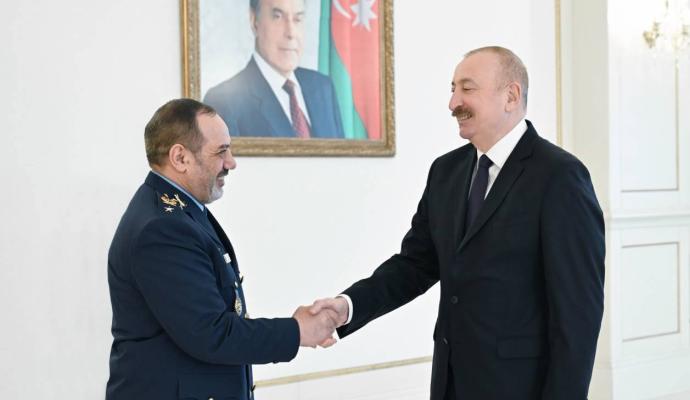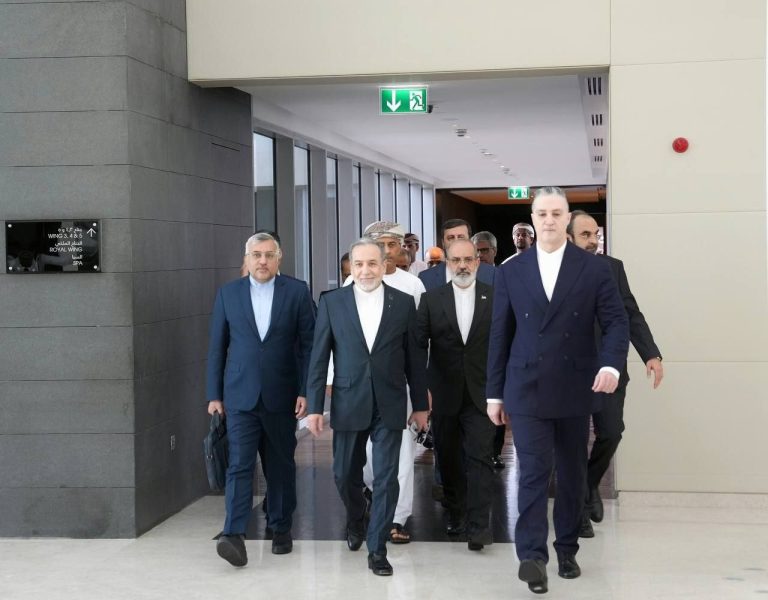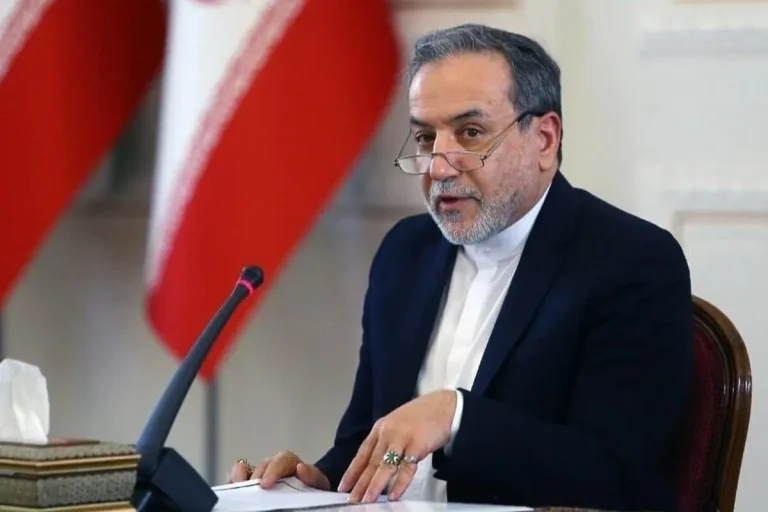Title: Ambassador Rejects Online Claims, Details Russia’s Stance on Key Iran Issues
In an exclusive interview, Kazem Jalali, the Ambassador of the Islamic Republic of Iran to Russia, addressed and categorically denied a series of unfounded claims circulating on social media regarding Iran’s international relations and military cooperation.
Setting the Record Straight on Military Cooperation
Ambassador Jalali directly refuted online speculation concerning military acquisitions from Russia. He clarified that Iran has never formally requested the S-400 air defense system from Russia, countering one prominent social media claim. He emphasized that such baseless rumors do not reflect the official channels of communication between the two nations.
Dismissing Fabricated Narratives on Regional Security
The Ambassador also addressed a particularly egregious falsehood: the claim that the Israeli Prime Minister, Benjamin Netanyahu, had called Russian President Vladimir Putin days before a recent conflict to announce operations against Iran. Jalali stated, “These claims were completely false.” He detailed that the Russian Foreign Ministry provided two full pages of diplomatic notes protesting these assertions, demanding to know the basis for such statements.
Jalali confirmed that he personally investigated the matter with military attachés from both Iran and Russia, concluding that “absolutely no such event occurred.” Russian officials similarly confirmed the falsehood of the report, noting that had they received any such warning, they would have immediately informed Iranian citizens to ensure their safety.
Russia’s Firm Position on the Snapback Mechanism
A significant portion of the discussion focused on the snapback mechanism in the Joint Comprehensive Plan of Action (JCPOA). Ambassador Jalali outlined Russia’s consistent and firm stance, noting, “As far as I am aware, the Russians were opposed to it from the beginning.”
He explained that Russia does not recognize the legitimacy of the European move to trigger snapback sanctions, arguing that since Western parties failed to meet their own JCPOA obligations, they cannot legally resort to this mechanism. This position has been formally communicated to the United Nations Security Council (UNSC) in coordinated letters from Russia, China, and Iran.
Jalali noted that while Russia and China, as permanent UNSC members with veto power, maintain that the snapback is legally untenable, they also operate in a world where international law is often disregarded. However, he downplayed the potential impact, stating, “The psychological effect of the snapback is currently much greater than its real effect.” He expressed confidence that the global landscape is no longer one where Western directives are universally followed.
High-Level Engagement on Bilateral Relations
Highlighting the strength and importance of Iran-Russia relations, Ambassador Jalali revealed the personal involvement of Iran’s President, Masoud Pezeshkian, in following up on bilateral agreements. The Ambassador noted the unusually high number of direct phone calls he receives from the President to personally oversee the progress of joint projects and agreements.
“This level of direct engagement from a head of state with an ambassador is something I had not seen before,” Jalali remarked. He cited specific instances following President Pezeshkian’s recent visit to China and his meeting with President Putin on the sidelines of the Shanghai Cooperation Organization summit, after which the President called twice to ensure follow-up actions were being taken. This demonstrates the high priority both nations place on deepening their strategic partnership.


